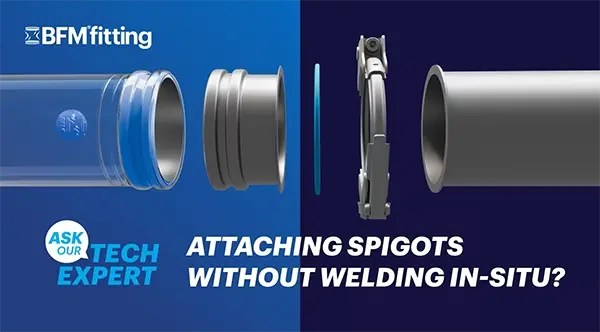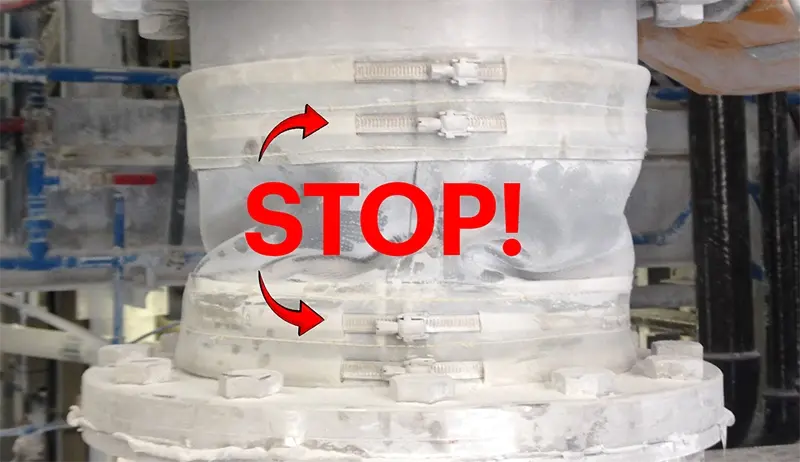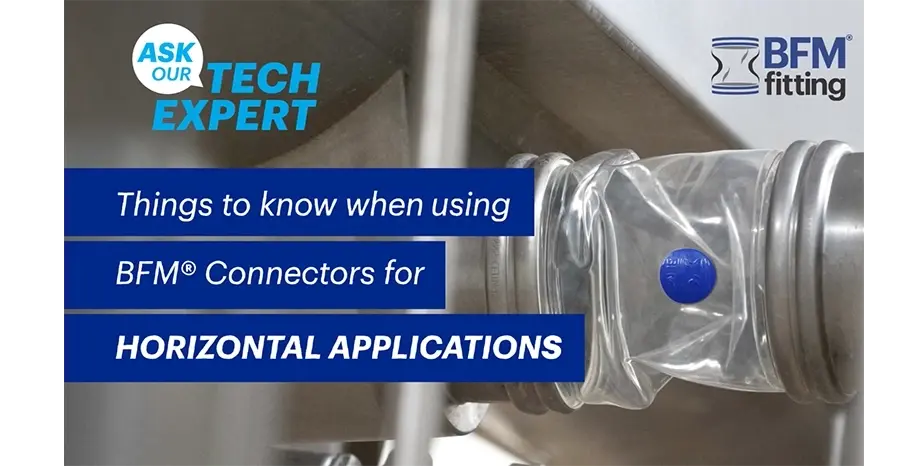
Although ‘3-A’ certification originates in the USA, it has become recognized internationally by food safety authorities and companies around the world as an industry standard.
Major food processors often require their equipment suppliers to have 3-A certification as part of their global food safety programs and compliance with regulations.
What Is 3-A?
The 3-A Sanitary Standards, Inc. (3-A SSI) is an American-based not-for-profit organization that sets rigorous standards for hygienic design and manufacturing practices in the food and beverage industry. Its mission is to advance food safety through hygienic design, ensuring that equipment and components used in food processing meet the highest standards of cleanliness and safety.
Why Is 3-A Compliance Important?
Achieving 3-A compliance means that a piece of equipment meets the stringent requirements set by the 3-A Sanitary Standards. These standards are designed to minimize the risk of product contamination and support proper sanitation practices.
Here are some key points about the importance of 3-A certification:
- Hygienic Design: 3-A compliance focuses on the design and construction of equipment to prevent foodborne contamination. This includes factors such as smooth surfaces, easy-to-clean designs, and materials that resist bacterial growth.
- Product Safety: Ensuring that equipment coming into contact with food during processing meets 3-A standards helps prevent contamination and ensures the safety of the final food product.
- Sanitation Practices: 3-A compliance emphasizes ease of cleaning. Equipment that meets these standards is designed to be disassembled, cleaned, and reassembled efficiently, reducing the risk of bacterial build-up and cross-contamination.
 Flexible Connectors and 3-A Compliance
Flexible Connectors and 3-A Compliance
Flexible connectors are used in a wide variety of food processing applications, transferring powders and other products between pieces of equipment.
They play an extremely important part in maintaining plant hygiene and the nature of their frequent contact with food product means poorly designed flexible connectors present a high risk of product contamination.
In a milk powder drying plant, for example, any flexible sleeve fastened with a clamp creates crevices where milk powder can collect. When combined with the warmth of a drying plant, this creates a perfect bacterial breeding ground.
Here’s how 3-A compliance relates to flexible connectors:
- Materials Selection: 3-A-compliant connectors are made from materials that are safe for food contact. These materials are non-toxic, corrosion-resistant, and easy to clean. Common materials include stainless steel, food-grade elastomers, and certain plastics.
- Smooth Surfaces: The inner surfaces of flexible connectors must be smooth and free from crevices where bacteria can hide. 3-A standards ensure connectors are designed with minimal seams, welds, or other potential contamination points.
- Sealing and Integrity: Proper sealing is crucial to prevent leaks and contamination. 3-A compliant connectors undergo rigorous testing to ensure their integrity under pressure and during temperature fluctuations.
- Traceability: 3-A certification includes documentation and traceability requirements. Manufacturers must provide detailed information about the connector’s design, materials, and production process. This transparency ensures accountability and helps identify any issues.
BFM® fitting Connectors – 3-A Certified Food Safety

 Achieving and maintaining 3-A food certification has been a high priority for BFM® fitting as we understand the importance of hygiene and quality control in the food industry.
Achieving and maintaining 3-A food certification has been a high priority for BFM® fitting as we understand the importance of hygiene and quality control in the food industry.
Our most popular and widely used connectors in the food industry are from our Seeflex range, a transparent, food-grade polyurethane that has superior wear resistance and flexibility.
The unique, internally seated snap-fit design of the BFM® fitting has also been revolutionary in terms of providing a hygienic, 100% sealed flexible connector system for food manufacturers. It is not only fast and easy to fit, but it provides an extremely smooth internal profile with no crevices for product build-up. This is a common problem for old-style clamped connectors, particularly when pressure is involved.
The additional advantage that many food processors appreciate, particularly those in the dairy industry, is that the BFM® fitting system is ideal for using in Clean In Place applications. A quick post-CIP wipe and replacement is recommended to remove any residual wash fluids, and this can be undertaken in minutes.
These are just some of the reasons that the BFM® fitting system has been chosen by over 95% of the world’s largest food manufacturers.
How to Ensure Ongoing Compliance with 3-A Standards
Whilst choosing quality flexible connectors that have achieved 3-A certification is the most important initial decision to make, it’s vital to give proper attention to maintaining ongoing compliance with 3-A standards, such as:
- Regular Audits and Inspections: Conduct routine audits of equipment, including flexible connectors, document findings, and promptly address any issues.
- Training and Education: Educate employees about the importance of 3-A compliance and train staff on properly handling, cleaning, and maintaining connectors.
- Record Keeping: Maintain detailed records of connector installations and replacements, including information such as part numbers, installation dates, and compliance certificates.
Maintaining the highest food safety and hygiene standards is non-negotiable in modern manufacturing. By incorporating 3-A certified flexible connectors into your production lines, you can minimize the risk of contamination, ensure regulatory compliance, and enhance your products' overall quality and safety.
Find out more about BFM® fitting’s applications in the food industry and our global food safety compliance.



